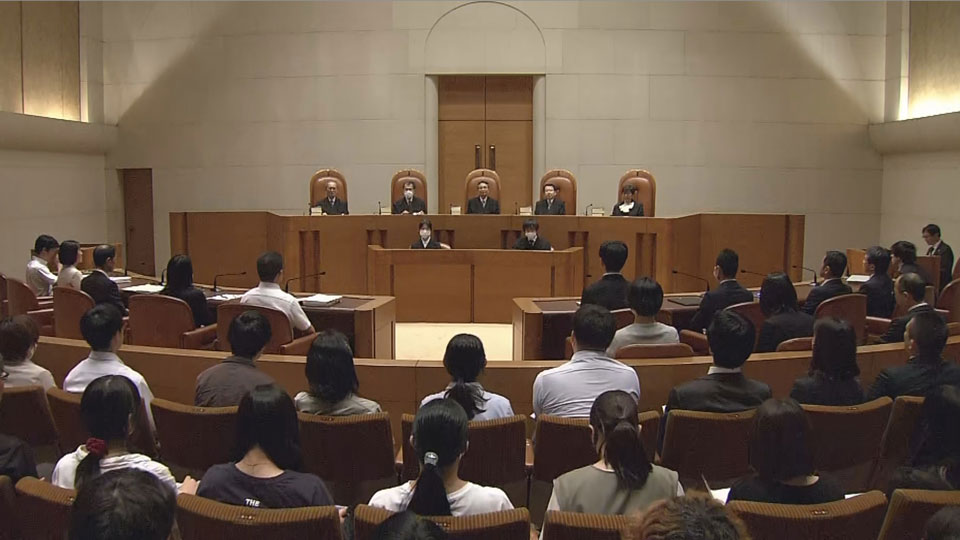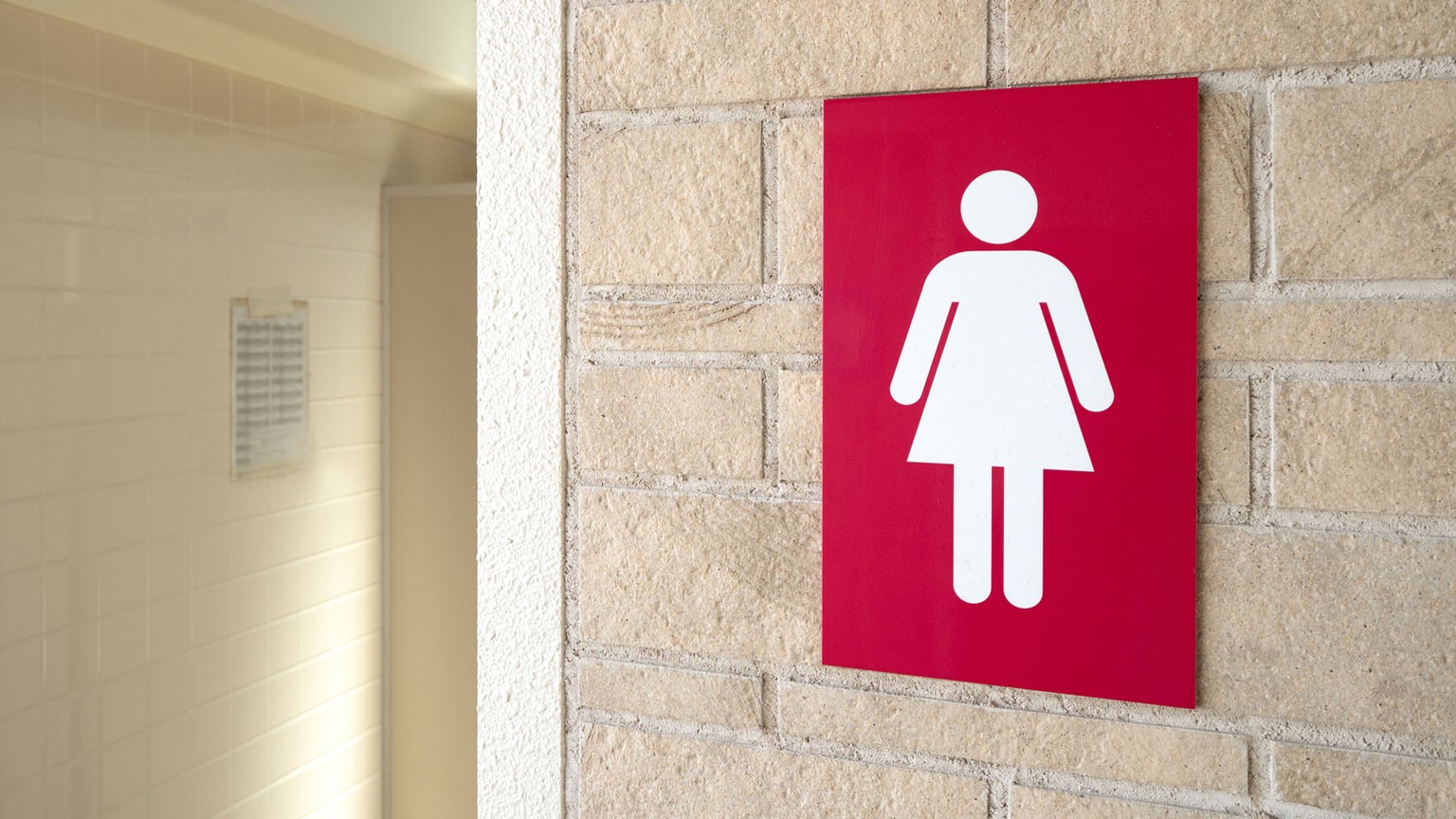Woman at home, man at work
The plaintiff is an economy and industry ministry official in her 50s who was assigned male at birth. She was later diagnosed with a gender identity disorder and started living as a woman outside of work from around 2008.
The following year, she told her supervisor that she wanted to identify as a female at work and asked for permission to use the women's toilets.
The plaintiff was granted permission, but only for toilets at least two floors away.
A request to improve the situation that she filed with the National Personnel Authority, which protects the interests of government officials, was rejected.
In 2015, the plaintiff filed a suit against the government at the Tokyo District Court. She argued that being banned from using certain toilets constitutes discrimination.
Government fined in 2019
In 2019, the court ruled that the ministry's decision was illegal. The government was then ordered to pay damages totaling 1.3 million yen, or about 9,200 dollars.
The Tokyo High Court overturned that decision in 2021, saying the ministry was responsible for maintaining an appropriate environment for all workers.
The plaintiff then took her case to the Supreme Court. At a hearing in June, she argued that the restrictions on toilet use are illegal and seriously harm her dignity.
The government responded by saying Japanese society at that time lacked understanding about gender identity and the use of toilets.
Judge: Plaintiff disadvantaged
In Tuesday's ruling, presiding judge Imasaki Yukihiko said the restrictions have put the plaintiff at a significant disadvantage on a daily basis.
He added that she was forced to use men's toilets, which don't match her gender identity, or women's toilets that were further away.
Imasaki described the National Personnel Authority's rejection of the plaintiff's calls for an improvement as significantly invalid. And he said the NPA made light of her disadvantages.

Plaintiff hopes for wide-ranging impact
The plaintiff and her lawyers held a news conference after the ruling.
"I believe the Supreme Court's decision will press related parties to take the necessary measures for the minority," the plaintiff said. "I don't think they can ignore the weight of the ruling."
She added that even though the ruling is for people who are transgender or experience gender dysphoria, she thinks the judges' opinions could also apply to other human rights issues where discrimination still occurs.

Expert hails ruling
Osaka Metropolitan University Professor Higashi Yuko, an expert on gender research, believes Tuesday's ruling will have an impact on companies, schools and communities across Japan.
"The ruling supports the district court's decision, and highlights the fact that no one should be treated unfairly because of their race, gender or gender identity," she says.
Higashi stresses that transgender issues must be treated completely separately from incidents such as men dressing as females to enter women's toilets.
"It's a serious problem that some people in Japan think allowing transgender people to use women's toilets will lead to an increase in criminal acts. We have to make it clear that these are two completely different matters."
Public more understanding
A survey in 2022 showed that 42 percent of 325 transgender people in Japan were not using toilets at work that correspond with the gender to which they identify.
In the same survey, 71 percent of 1,000 cisgender respondents felt comfortable or somewhat comfortable about transgender people using the workplace toilets they prefer.
The figure is up 6 points from the previous survey in 2017.

